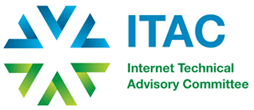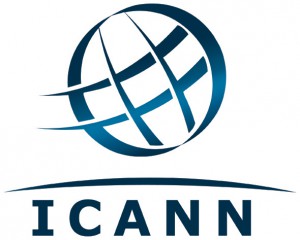By Jane Hamilton, Senior Policy Advisor, Industry Canada, Chair, OECD Working Party on Security and Privacy in the Digital Economy

In 2013, the Working Party on Security and Privacy in the Digital Economy Information Security and Privacy[1] launched its review of the 2002 OECD Guidelines for the Security of Information Systems and Networks by organizing an informal multistakeholder consultation of experts from its membership and beyond, to facilitate a discussion of the need for revisions to the Guidelines. The scope of the discussion was broad and ambitious. We explored how the core security principles should be modernized, identified what recommendations the OECD should make to governments, and shared ideas on how international co-operation should be addressed.








